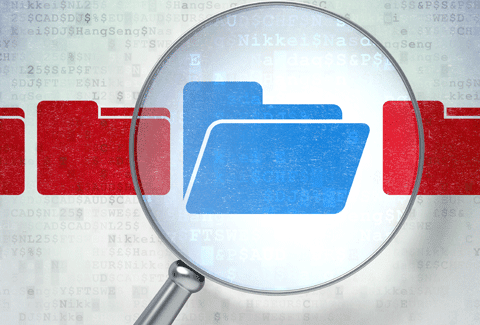Central Document Archiving
Permanently archive single documents and spool files and convert them on-the-fly
Is input and output document archiving still split in your company?
In many companies around the world, electronic archiving is still split: incoming and outgoing documents are archived differently in separate departments. With different IT systems and metadata.
Why this duplicate effort? Why maintain two archive interfaces and tie up valuable resources? Why not create a central instance for all the documents to be archived?
Whether you’re archiving input or output documents, the tasks are the same, namely generating, embedding and extracting metadata and storing the documents in read-only form, preferably in the recognized PDF/A standard.
So why run one and the same process twice? Not only is it expensive and time-consuming, it makes the document search more difficult.
Consolidate: Centrally archive incoming and outgoing documents and convert them on-the-fly
In modern document management, input and output archives become one. Instead of tying up valuable resources maintaining two separate archive systems, there is one central archiving instance for securely archiving all incoming and outgoing documents.
Uniform metadata (e.g., in XML or XMP format) are defined for the incoming and outgoing sides.
The output format, size, and structure of documents are irrelevant. Modern document management systems are able to prepare every type of file for secure, long-term archiving. Today, for example, even complex, high-volume spool files can be archived in AFP or PCL. It takes just a single mouse click to extract specific individual documents and convert them into the desired format on-the-fly for display and processing on the PC.
Compart: Archive connection is implicit

-
Versatile
Compart solutions work with all conventional archiving systems and can be seamlessly connected with a minimum of configuration. Compart’s fundamental approach to every document management project includes optimization for archiving.
-
Both worlds
Compart not only supports archiving high-volume spool files (in AFP, for example) including extraction of individual documents with on-the-fly conversion into any format, but also archiving of individual documents in auditable PDF/A form.
-
Metadata
Compart has more than 20 years of proven expertise in working with all the standard data formats. This know-how is reflected in the DocBridge family of solutions that can generate, transfer, and embed metadata in XML and XMP format.
